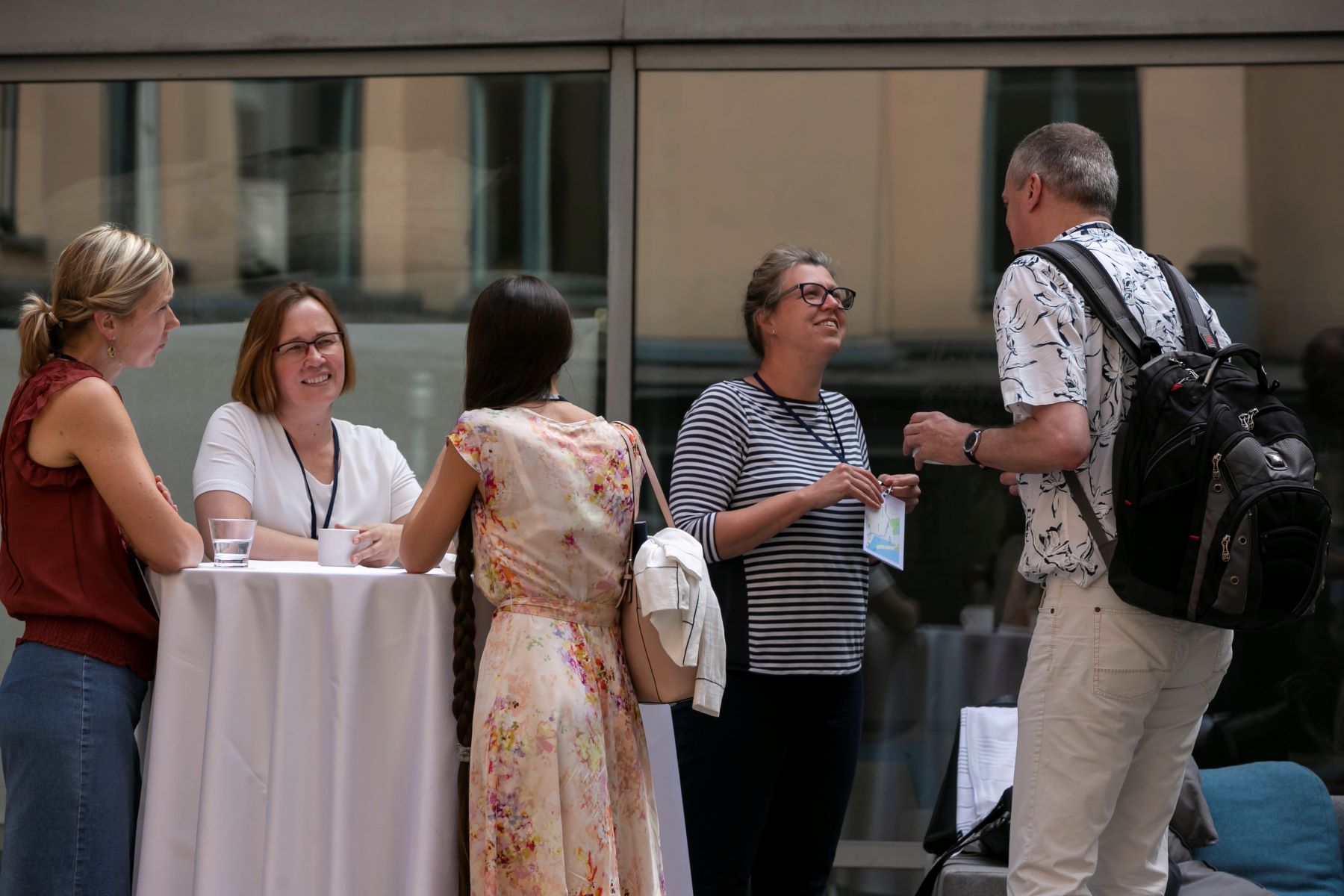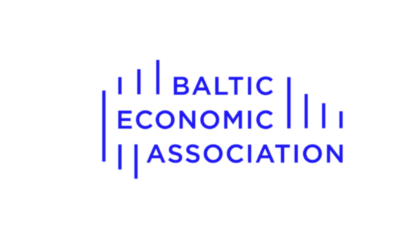Bank of Lithuania and its Center for Excellence in Finance and Economic Research (CEFER) are pleased to announce its 2nd Invited Lecture Series given by Prof. Sir Richard Blundell, University College London, and Institute for Fiscal Studies. The two days lecture will be followed by a separate one-day conference. The lecture’s topic is “Micro-econometrics and Policy Analysis”. The lecture is intended for early stage researchers, both at policy institutions and universities, and PhD students at an advanced level. A short description of topics is provided below.
Please note that participation in lecture and conference are mutually exclusive. We invite submission of papers which are applied in nature, have practical/policy implications, and touch on following broad topics:
- Tax policy, labor earnings and inequality
- Human capital investments
- Inequality over lifecycle and across gender
We are also interested in theoretical advances in the very broad field of micro-econometrics and strongly encourage submissions in this field.
Details of the lecture and the conference are as follows:
- Duration of lecture: 12 hours
- Lecture dates: October 13 – 14, 2021
- Conference date: October 15, 2021
Submissions: Please send your submissions by July 1, 2021 to Ms. Laima Štulaitė (LStulaite@lb.lt).
- If you are applying for lectures, please attach your CV.
- If you are applying for the conference, please attach your paper.
- If you want to attend both, please attach both CV and paper, and mention it clearly in your email.
Acceptance decisions will be sent by July 15, 2021.
Participation fee: The participation fee is EUR 200 (incl. VAT)
Event location: The event will be at the premises of Bank of Lithuania, situated in the beautiful old town of Vilnius, capital of Lithuania. More information here: https://www.govilnius.lt/visit-vilnius
Coronavirus contingency: The event dates were set under the presumption that by the end of 2021, Europe will be (mostly) out of this pandemic. However, as the vaccine rollout is slow, we are going to work simultaneously on three contingency plans:
- In-person event: If the situation improves in summer then only in-person event will be organized.
- Partial in-person event: The improvement in pandemic situation is heterogeneous across countries. Hence, we will hold in-person event for participants who can travel and arrange online sessions for participants who can’t.
- Full online event: If the situation is quite bad, we will resort to full online event.
Topics for the lecture:
- Part I. Methods:
The first part of this course will discuss six distinct, but related, approaches to microeconomic policy evaluation:
- social experiment methods,
- natural experiments,
- matching methods,
- instrumental variable methods,
- discontinuity design methods,
- control function methods.
- Part II: Dynamic models and methods
The second part of the course will examine recent developments for panel data
- Dynamic panel data methods.
- Dynamic discrete choices.
- Part III: Applications:
The third part of the course will examine several specific applications under two broad areas:
- Tax policy and labor earnings.
- Education policy and human capital investments.
Organizers
Established in 2015 by the Bank of Lithuania, CEFER is the main research hub in economics and finance in Lithuania. CEFER is part of a network of National Economic Research Organizations along with the leading research institutes across the globe. CEFER is also pivotal in organizing major conferences (Baltic economic conference, joint conferences with CEBRA/CEPR and Bank of Poland, among others), co-establishing Baltic economic association, developing joint Ph.D. courses and administering Bank of Lithuania research awards named after Vladas Jurgutis. CEFER runs regular research seminars and workshops. Learn more at https://www.lb.lt/en/of-research

